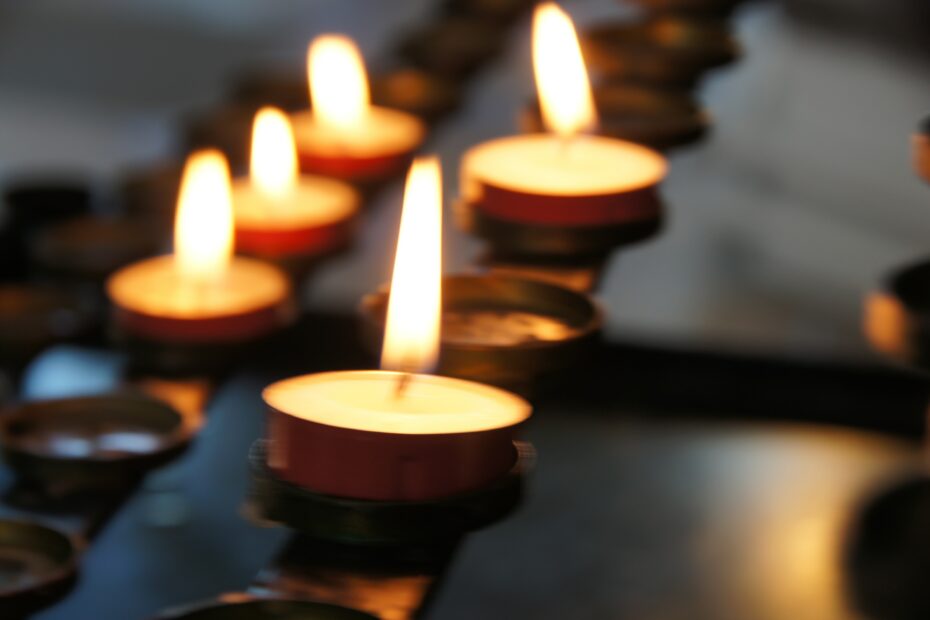My friend was mid-air, on a plane from America for a week-end of amateur sports, when the week-end got cancelled. Months of planning, hotels, car hires, babysitters. All cancelled. The event organiser lost their money. The players lost their money. The hotels lost their money. It was cancelled by the non-profit making organisations. Cancelled because of the passing of our Queen Elizabeth II. It reminded me of when I was on holiday in March 2020 and my holiday was effectively cancelled due to covid-19, while I was still on holiday.
Don’t get me wrong. I know that on a historical level, it can hardly be put into words, the enormity of this moment in history. And on a personal level, the grief and mourning that is felt across the world is tangible, real, and the feelings run deep.
We aren’t just dealing with grief here though. Grief is often bound up with feelings of trauma. After all, we often say we are “shocked” when some-one dies. It means we have to reframe and reconfigure every part of our past, present and future. Trauma can lie dormant and then be re-ignited when something happens that reminds us of the trauma. This is what people mean when they say that they have been “triggered”.
In hearing that things have been cancelled suddenly, I am noticing that I don’t like it. And I realise why. It’s because I am reminded of the shock and devastation that was caused when people’s livelihood, businesses, and life-lines, were suddenly shut off to them in lock-down. I’m a psychologist, and I was witness to the trauma that was felt on a national level, but also on a very personal level in my therapy room. Trauma from mothers separated from their babies, trauma from victims of domestic violence separated from society, trauma from business folding helplessly. It was difficult to be a witness to this in my therapy room. And I’m feeling those feelings all over again. Now, I’m not saying that cancelling events because of the Queen’s passing is the same as lock down was. It isn’t. But any trauma-informed service will tell you that the brain isn’t wired to necessarily know the difference. If it senses a similarity (“oh no, I suddenly have to stop doing something that is important to me because something unexpected has happened”), it can activate the old trauma. That’s how trauma plays out, gets re-triggered in the future, in response to something similar happening, even if the new similar is not as big a deal as the original trauma.
I can’t explain the neurobiology of it in this blog – but know this: We need to stop cancelling things. It can cause a reactivation of what people had to endure during lock-down – it is in danger of reactivating trauma. As a nation, we can mark and mourn the passing of our Queen with much more effective methods. We can wear black at sports events, we can do 1 minute silences. As it happens, these are much more effective, because they bring our attention to honouring and remembering her, helping the grieving process along, bringing us together in our grief/honouring of her memory. Let’s do much more of that. And let’s protect people’s emotional wellbeing by recognising that cancelling events is not a good idea. It’s just too similar to what happened a few years ago in lock-down.
